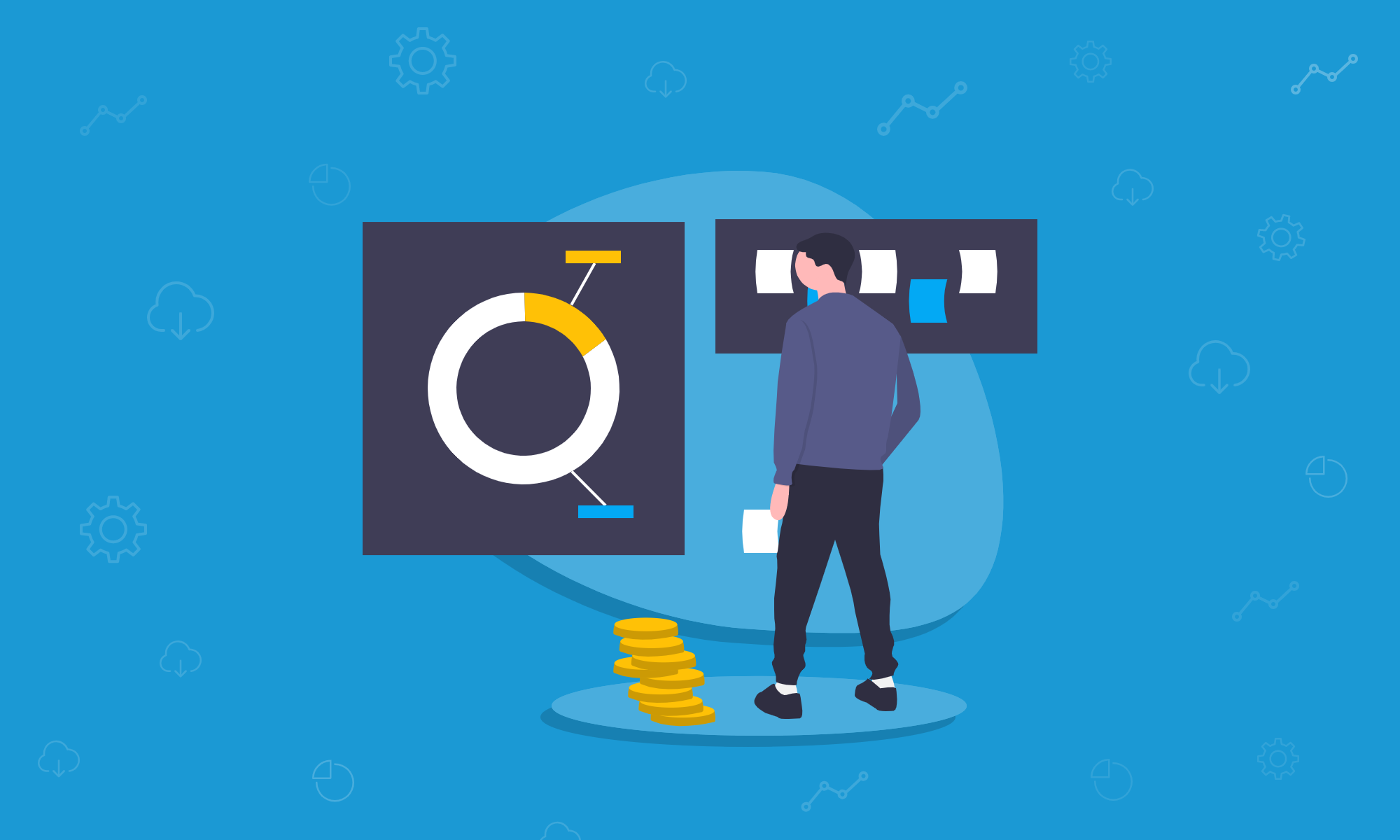Looking for business financing can be a confusion of vocabulary, and alarming sounding terms and conditions. To help smooth the way towards straightforward business finance, check out our beginners guide to secured and unsecured business loans.
What is a secured loan?
Secured loans work like any other loan in the sense that you agree on a borrowed sum, and pay that back with interest over an agreed period.
Where they differ is in how finance is agreed. Secured business loans require the business owner to offer something as collateral against the loan. This means that if you fail to pay the loan, the lender will be able to seize the asset in order to cover the balance of the loan.
For example, if you own property you might offer that as collateral, but risk losing it if you don’t make your loan repayments within the terms of the agreement.
Who should get a secured business loan?
Collateral backing makes offering secured business loans less risky for lenders, and as such they tend to offer more competitive interest rates and longer loan terms.
You may also be able to borrow larger amounts with a secured business loan. This might be the option you consider if you need a lot of startup capital or to make significant investments.
Another thing worth noting is that even if you have a bad spot on your credit history in the past, you may be more likely to be accepted for a secured business loan as the collateral will offset the risk. Of course, every lender is different, so there’s no guarantee.
What is an unsecured business loan?
Unsecured business loans work in the same way as secured loans in the sense that there is an agreed-upon amount, loan term and interest rates payable. Where they differ is in the lack of collateral. An unsecured business loan does not require you to offer assets as collateral. Instead, lenders will typically ask for something called a personal guarantee. This is a written promise from the company director where you promise to pay the loan amount yourself, should the business fail to do so.
As there is an increased level of risk for the lender, this means they will typically offer lower amounts of finance over shorter loan term lengths. Interest rates also tend to be higher with unsecured loans so this could end up a more expensive option for you.
Who should get an unsecured business loan?
One of the main reasons why people get unsecured business loans is because they don’t have anything to offer up as collateral. An upside to unsecured business loans is that because fewer agreements need to be written regarding assets and collateral, the loans tend to be funded much quicker. If you’re looking for fast access to business finance, this might be attractive.
Another benefit to unsecured business loans is that they’re typically easier to pay off earlier if you find yourself in the position to boost your monthly payments or pay a lump sum. Many unsecured business loans will not penalise you for making early repayments as the interest amount is already covered in the balance.
Whichever option you choose, it’s worth taking some time to look at your personal and business credit history to see if you can make any improvements yourself. Poor credit history will affect your ability to get accepted for loans and will also affect your interest rates because you may be seen as a riskier investment by lenders.
Are you looking for business finance or have you taken out any before? Which option do you recommend for startups? Let us know your thoughts in the comments.
